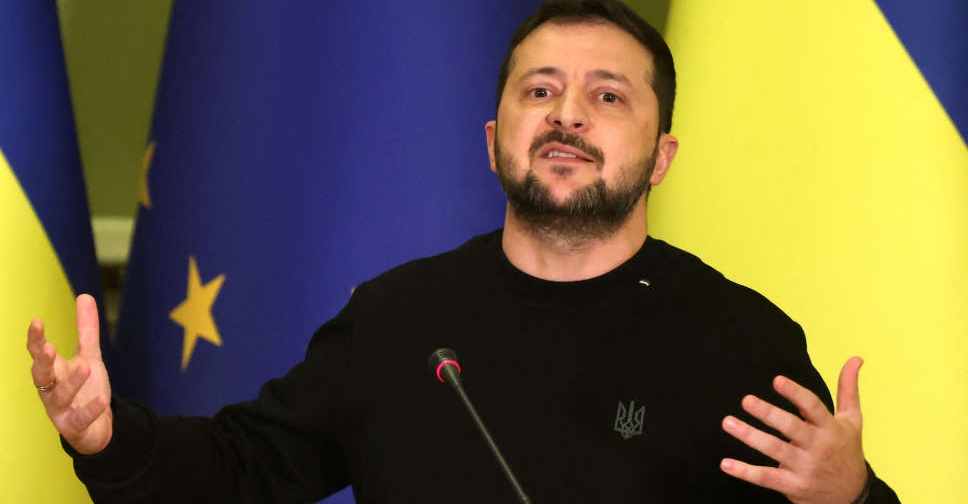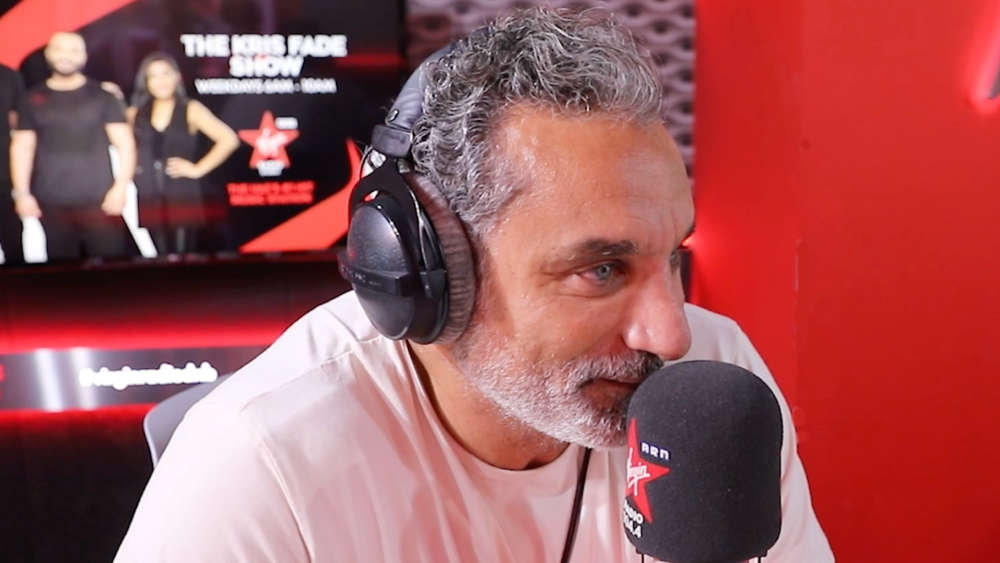
President Volodymyr Zelenskiy signed into law on Thursday Ukraine's first wartime tax increases as the war against Russia reaches its 34th month.
Finance Minister Serhiy Marchenkko said that the bill was vital to ensure smooth funding for the Ukrainian defence sector next year. The changes will take effect from Dec. 1, he said.
The government is raising the war tax for residents to 5 per cent from 1.5 per cent paid currently on personal income and is introducing the war tax for tens of thousands of individual entrepreneurs and small businesses.
It also increases some rental payments, taxes commercial banks' profits at 50 per cent, and raises taxes on the profits of other financial institutions to 25 per cent.
The tax increases would help raise about 140 billion hryvnias ($3.4 billion) in additional revenues next year to fund Ukraine's defence efforts at a critical juncture of the war as Kyiv is battling with a much bigger and better-equipped enemy.
The move to increase taxes during the war has proved a sensitive and much debated topic in Ukraine as poverty has risen and the economy has been devastated by fierce combat along more than 1,000 kilometers (620 miles) of front line, Russian bombardments of cities and infrastructure.
Marchenko said that the approval of tax increases was also a vital step for Ukraine's financial program with the International Monetary Fund, a key lender.
The government and IMF's staff have reached an agreement that would give Kyiv access to about $1.1 billion but the Fund's executive board must still weigh in on the deal.
Ukraine's military spending accounts for about half of the country's annual budget, Marchenko said. The government targets military spending at about 2.2 trillion hryvnias next year, roughly at the same level as this year.
Kyiv covers the soldiers' wages and domestic arms production with its state revenues but it crucially depends on financial aid from its Western partners to cover social and humanitarian spending.
Ukraine's external financing needs would reach about $38.4 billion next year, Marchenko said. The budget deficit is targeted at about 19.4 per cent of the gross domestic product in 2025, down from about 24 per cent planned for this year, he said.
The government plans to cover next year's deficit with financing from the IMF, the European Union, and also with funds from a long-awaited $50 billion G-7 loan backed by frozen Russian assets.



 Nasdaq set to confirm bear market as Trump tariffs trigger recession fears
Nasdaq set to confirm bear market as Trump tariffs trigger recession fears
 Dana Gas and Crescent Petroleum exceed 500M boe in Khor Mor field
Dana Gas and Crescent Petroleum exceed 500M boe in Khor Mor field
 China to impose tariffs of 34% on all US goods
China to impose tariffs of 34% on all US goods
 Shares bruised, dollar crumbles as Trump tariffs stir recession fears
Shares bruised, dollar crumbles as Trump tariffs stir recession fears




